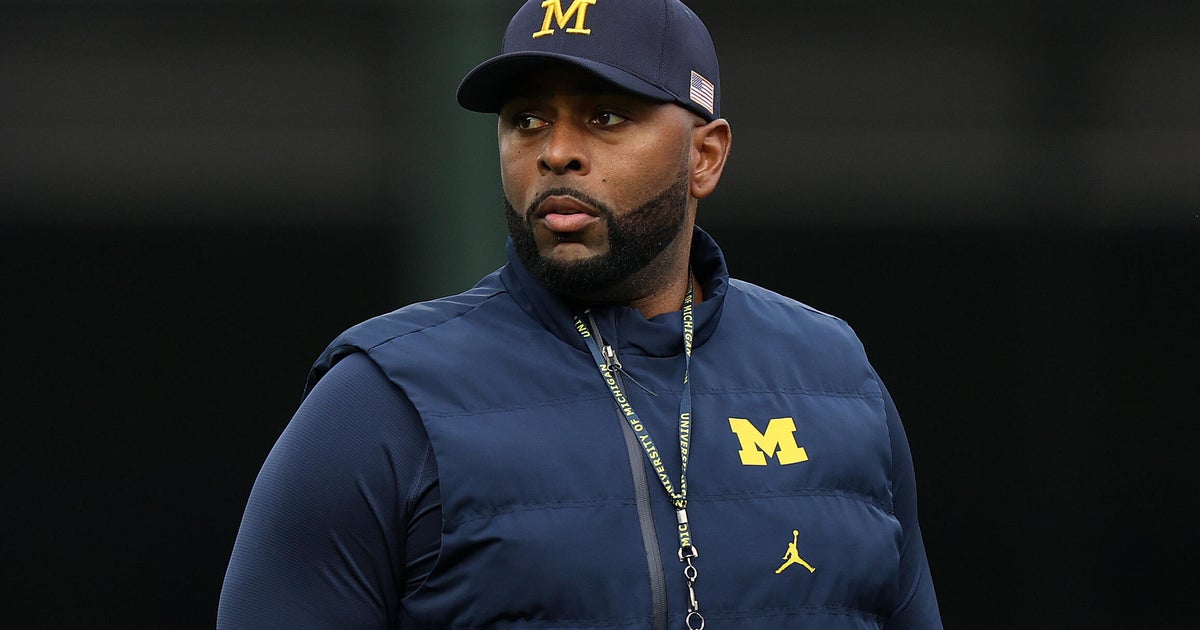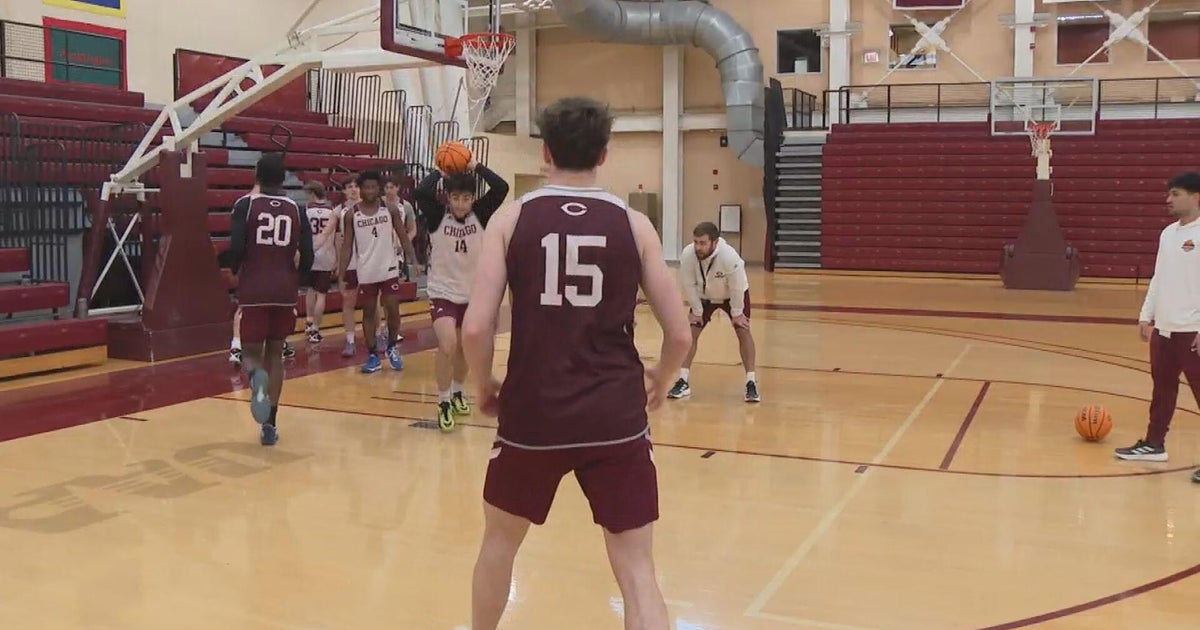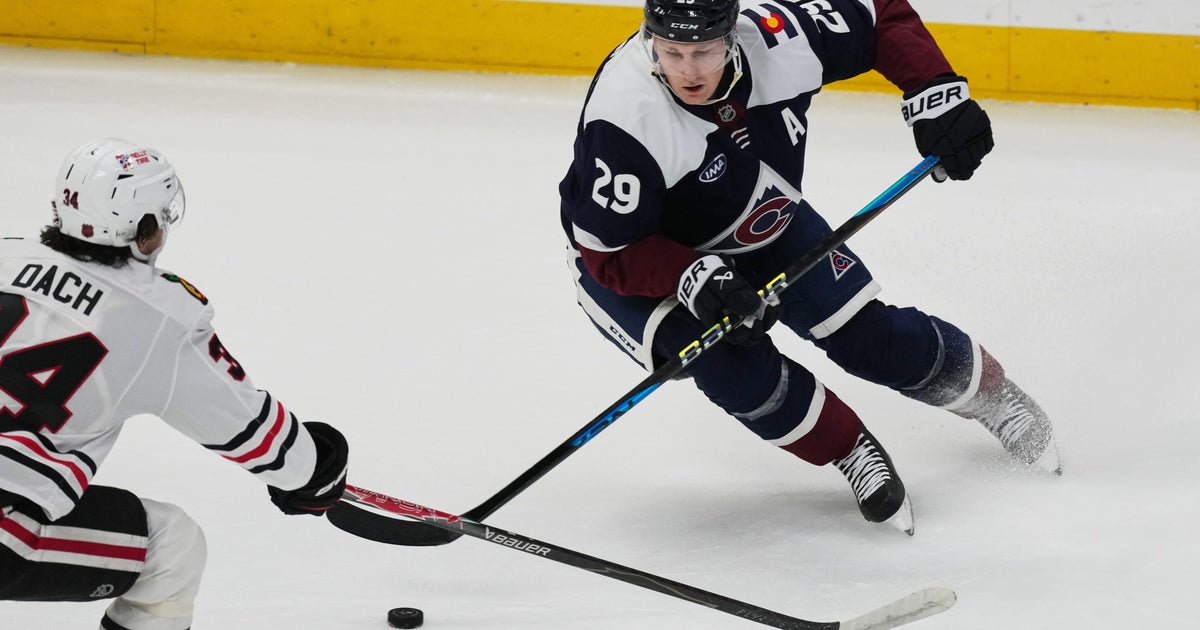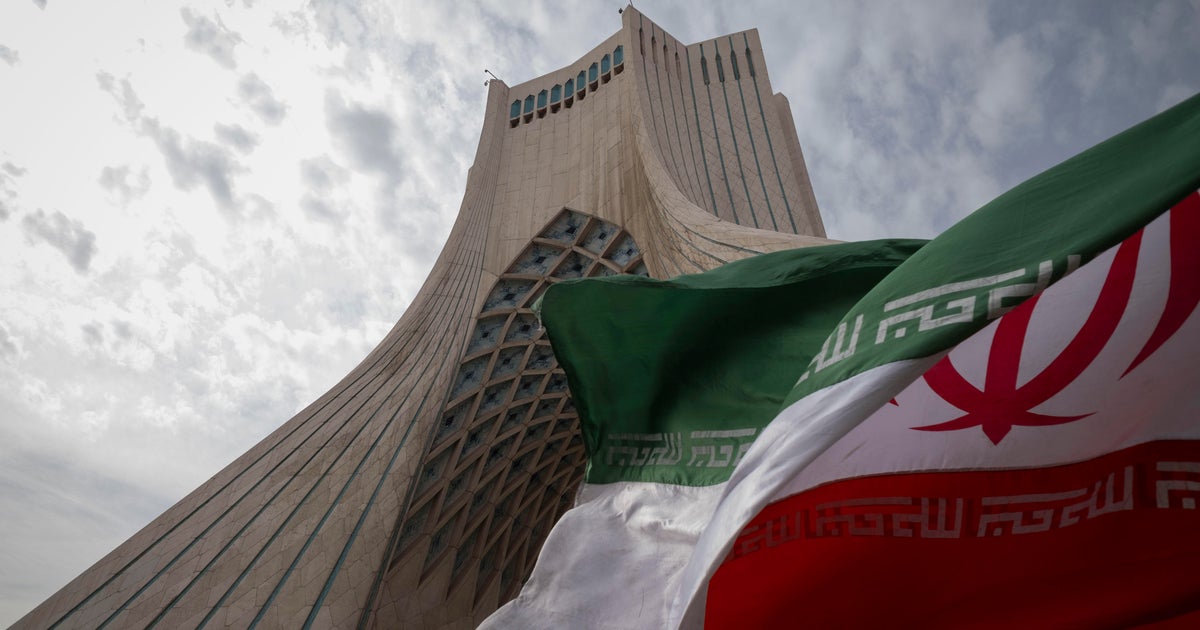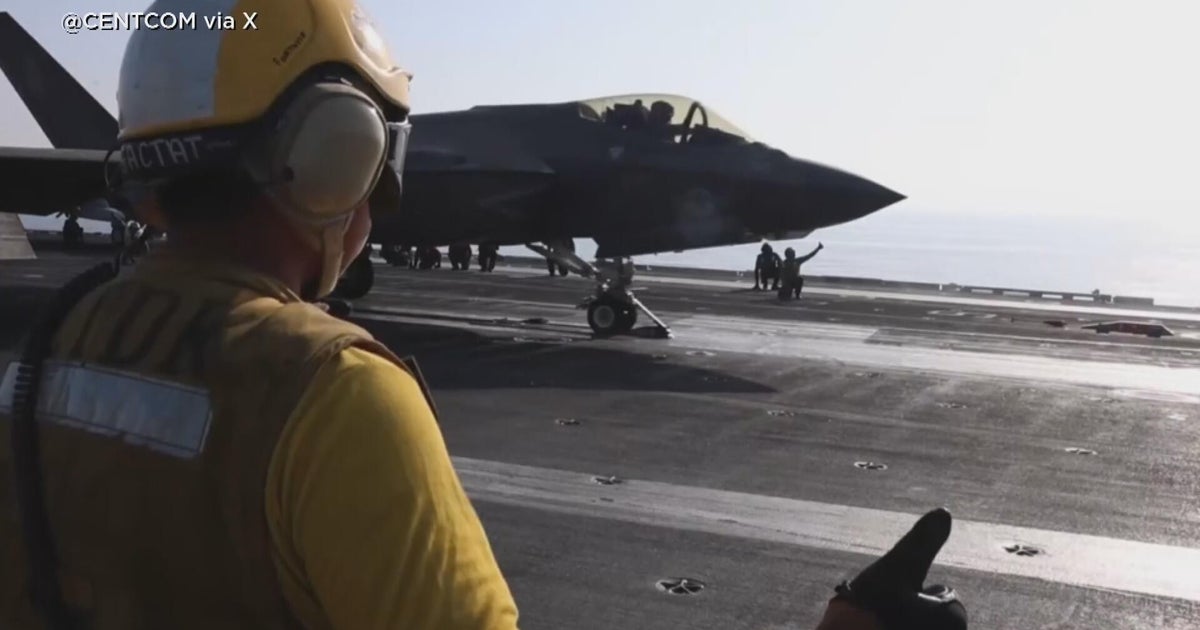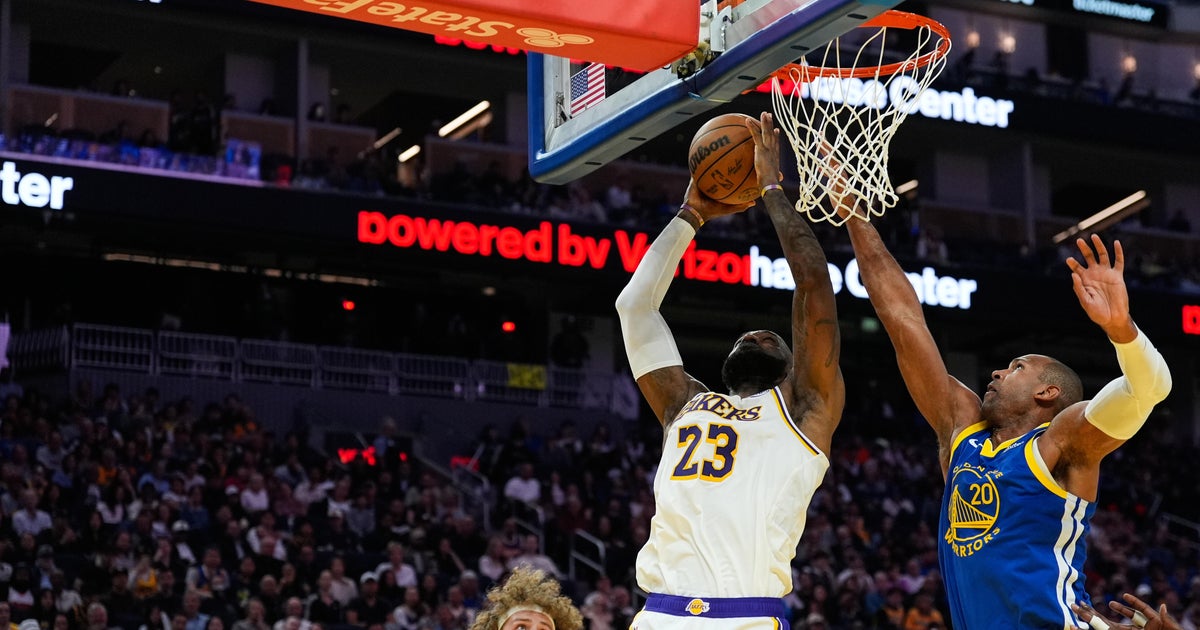Wisch: Why Penn State Hasn't Avoided 'The Death Penalty' Yet
By Dave Wischnowsky-
(CBS) With eight reported transfers thus far and more likely on the way, the bolts are already starting to pop out from Penn State's football jalopy.
But PSU's deep-pocketed boosters – part of a group that donated a near-record $208.7 million to the scandal-plagued school during the past fiscal year – had best be very careful about how they attempt to hold their sputtering program together.
Because, while NCAA president Mark Emmert may have spared Penn State from the "death penalty" when he announced its sweeping scandal-induced sanctions last month, the Nittany Lions aren't out of the woods yet.
Their wheels can still come off. And their program can still be shut down.
On Thursday, offensive tackle Ryan Nowicki became the latest Penn State player to leave State College when he announced he is transferring to the University of Illinois. Nowicki's departure follows the likes of standout running back Silas Redd, who is headed to USC, kicker Anthony Fera, who's off to Texas, and quarterback Rob Bolden, who will enroll at LSU.
With Penn State players allowed to transfer without penalty throughout the 2012-13 academic year, you can be certain that more will bolt Not-So-Happy Valley in the coming months. That talent drain, along with the harsh (but wholly appropriate) penalties levied on Penn State, including a four-year postseason ban and massive scholarship reductions, will decimate the program. That's exactly what they were designed to do.
Nevertheless, over the past couple of weeks, I've had a number of people tell me that they think Penn State football could carry on at a respectable level as long as the program's boosters continue their support.
But they're wrong.
Boosters' money can't buy the PSU additional scholarships, which is what it really needs to stay afloat. However, their money could potentially sink Penn State's program even further. So far, in fact, that it might never escape the abyss.
To understand that, one need look no further than Southern Methodist University, the only football program to famously suffer the devastating wrath of the NCAA's death penalty.
Many know about SMU's fate, but what they might not realize is that SMU's football program wasn't shuttered because of the school's original sins. Rather, the NCAA wiped SMU football from the map because of the transgressions that happened while it was already under sanctions.
And that's why PSU's boosters had better be awfully careful.
For a history refresher, let's go back to the early 1980s, when SMU – the once-proud school of Heisman Trophy winner Doak Walker – had become one of the NCAA's most notorious outlaws.
Between 1974 and 1985, SMU football was placed on probation a whopping five times. And the last time, in '85, it received a three-year probationary stint for an array of recruiting violations, including former Mustang lineman Sean Stopperich's admission to the NCAA that he and his family had received large cash gifts to convince him to break his commitment to the University of Pittsburgh and instead sign with SMU.
According to the 2010 ESPN documentary, "Pony Excess," many of these violations took place with the full knowledge of school administrators. At that point, the NCAA could have wiped out the SMU program – its always had that power – but it opted instead to slam the Mustangs with a postseason ban in 1985 and 1986 and a live television ban in '86 in addition to its probation.
In the wake of SMU's violations, the NCAA did adopt a new "repeat violator" rule to deal with multiple-time offenders. If a school was found guilty of two major violations within five years, it could be barred it from competing in the sports involved in the second violation for up to two years. This rule came to be commonly known today as the "death penalty."
Now, with that guillotine hanging over its head, a sensible program would have ended its scofflaw ways right then and there. But SMU, with its egotistical and run amok boosters, was not a sensible program. At all.
After the school was placed on probation, those boosters did stop paying new players to join the Mustangs. But SMU's board of governors – which included chairman Bill Clements, the former governor of Texas – met secretly to discuss continuing to pay the current players who had already been promised money. Foolishly, they felt it was their duty.
An investigation later revealed that Clements and SMU athletic director Bob Hitch agreed in 1985 that the payments had to continue because the football program had "a payroll to meet."
Surely, also factoring into that decision was that SMU didn't want to lose additional players and watch its beloved football program to fall any further from its lofty perch than necessary.
Whoops.
After this scandal on top of the original scandal was revealed in a 1986 exposé by a Dallas TV station, the NCAA enacted the death penalty and canceled SMU's 1987 football season. The school then chose to also cancel its 1988 season, causing almost the entire roster to transfer.
The aftermath resulted in SMU having only one winning season over the next 20 years a failture to make a bowl game until 2009. To this day, SMU – once one of the nation's elite programs – isn't a shadow of what it once was.
It never will be again.
That brings us to Penn State. With its already diminished roster, no hopes of postseason play until 2016 and a dark cloud hovering over Beaver Stadium, the school will have an increasingly difficult time in attracting top talent to State College over the next several years.
As a result, the school's passionate boosters might very well be tempted to help "support" PSU by opening their wallets to help "finance" recruiting. But if any of them start to think about that, then they had better think about what happened to SMU instead.
Contrary to some people's belief, the money of Penn State's boosters can't save PSU football from essentially turning into IU football. But, if those boosters don't act intelligently, they very well could end up turning it into something even worse.
Or into nothing at all.
If nothing else, Dave Wischnowsky is an Illinois boy. Raised in Bourbonnais, educated at the University of Illinois and bred on sports in the Land of Lincoln, he now resides on Chicago's North Side, just blocks from Wrigley Field. Formerly a reporter and blogger for the Chicago Tribune, Dave currently writes a syndicated column, The Wisch List, which you can check out via his blog at http://www.wischlist.com. Follow him on Twitter @wischlist and read more of his CBS Chicago blog entries here.


